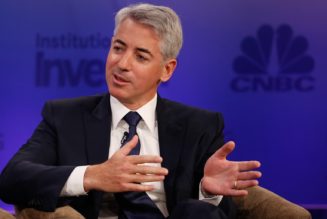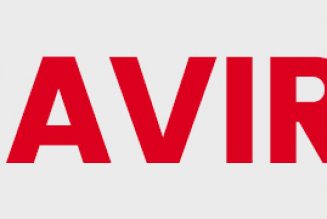Columnists
IMF mustn’t force its will on Kenya
Friday November 17 2023

A mission from IMF has been in the country to assess our performance under a programme Kenya signed with them months ago. PHOTO | SHUTTERSTOCK
A mission from the International Monetary Fund (IMF) has been in the country to assess our performance under a programme Kenya signed with them months ago.
I gather they asked hard questions about the recent decision by the government to stabilise petroleum prices by not increasing consumer prices in the latest price review.
They reportedly wanted to know whether we have gone back to subsidies and whether the funds for the stabilisation had been accommodated in the budget.
The IMF does not force its will on member countries. You accept the conditions on a voluntary basis.
Often described as the high priests of economic orthodoxy and the world’s economic crisis fire-fighter, some of the conditions they prescribe can precipitate political instability —even revolutions — in fragile societies like ours.
I found myself reminiscing about the relations between Kenya and the IMF under former President Daniel arap Moi.
Moi was a master at managing and calibrating implementation of conditions imposed by the IMF and other international lenders.
He would mute his opposition to the reforms by using tactics such as varying the pace and sequence of implementation of conditions.
As the country approached multipartism in the early ’90s, Moi would tactically administer IMF prescriptions intermittently or in cycles —aborted when a national crisis abates and re-instated when in deep problems.
Even where Moi had agreed to take practical steps to implement the conditions, it was clear that the measures were implemented without the conviction and dedication required to carry them through.
This was done with the hope that the IMF programme would be ditched once the country got to a point where we did not need the lenders.
There was a time the biggest contention between Moi and the two Bretton Woods institutions was the establishment of an anti-corruption authority. The President created one but hardly six months later, the agency was abolished.
In year 2000, under the prescriptions of the lending agencies, the government had come up with a new Ethics and Economic Crimes Bill whose centrepiece was the establishment of an independent anti-corruption authority.
Its board would be made up of representatives of civil society and other interest groups.
The President would appoint the chairman and directors with Parliament vetting them.
The Kenya Anti-Corruption Authority hit the ground running. After only a few months in operation, it had investigated hundreds of corruption cases, having spread the dragnet to touch even sacred territories such as the Judiciary and the Police.
Although Moi’s hand remained invisible, he calculated the monster forced on him by the lenders to be tamed.
Suddenly, the operations of the anti-corruption authority was halted by the High Court on a legal technicality.
AG, police powers
It was deemed to have usurped the powers and functions of the Attorney General and the Commissioner of Police. A key IMF conditionality had been circumvented.
Around the same time, Parliament had torpedoed the implementation of yet another key conditionality prescription, namely, the Code of Ethics Bill.
It was thrown out by the House and had to be shelved for six months on the grounds that it was unconstitutional.
It was Moi’s turn to lecture the Bretton Woods institutions — tongue-in-cheek — about how Kenya was a country that put a high premium on obeying the Constitution.
It was the height of irony indeed that it was Moi who, obviously with a bit of glee, was now lecturing the so-called development partners on the virtues of the principle of separation of powers.
We need the IMF badly, right now. Debt service costs are almost exploding. We have reached the point where repayments are consistently absorbing more than 64 percent of ordinary revenues.
My appeal to the Bretton Woods institutions is this: Calibrate your conditions and prescriptions to avoid fuelling political instability.
The writer is a former managing editor of The East African.









